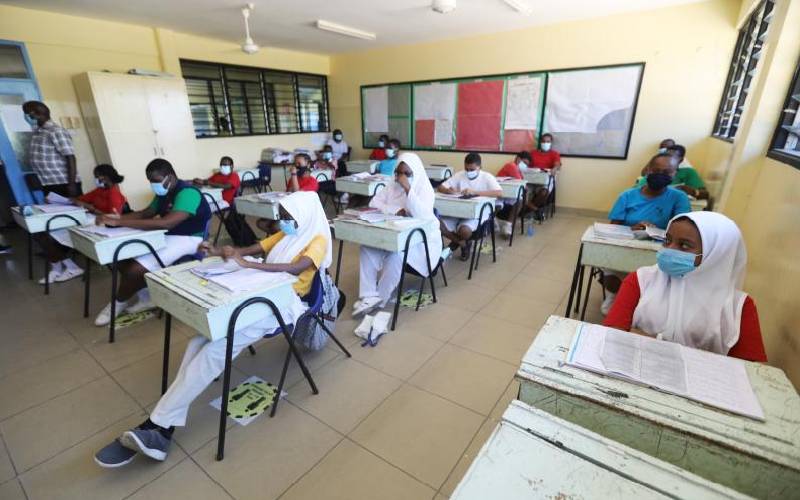×
The Standard e-Paper
Join Thousands Daily

The government and education sector players will keenly be observing events of this week as they will determine the successful return to normal learning.
Compliance with the Covid-19 protocols among learners and teachers will be tested after the school community spent first two weeks in the institutions.